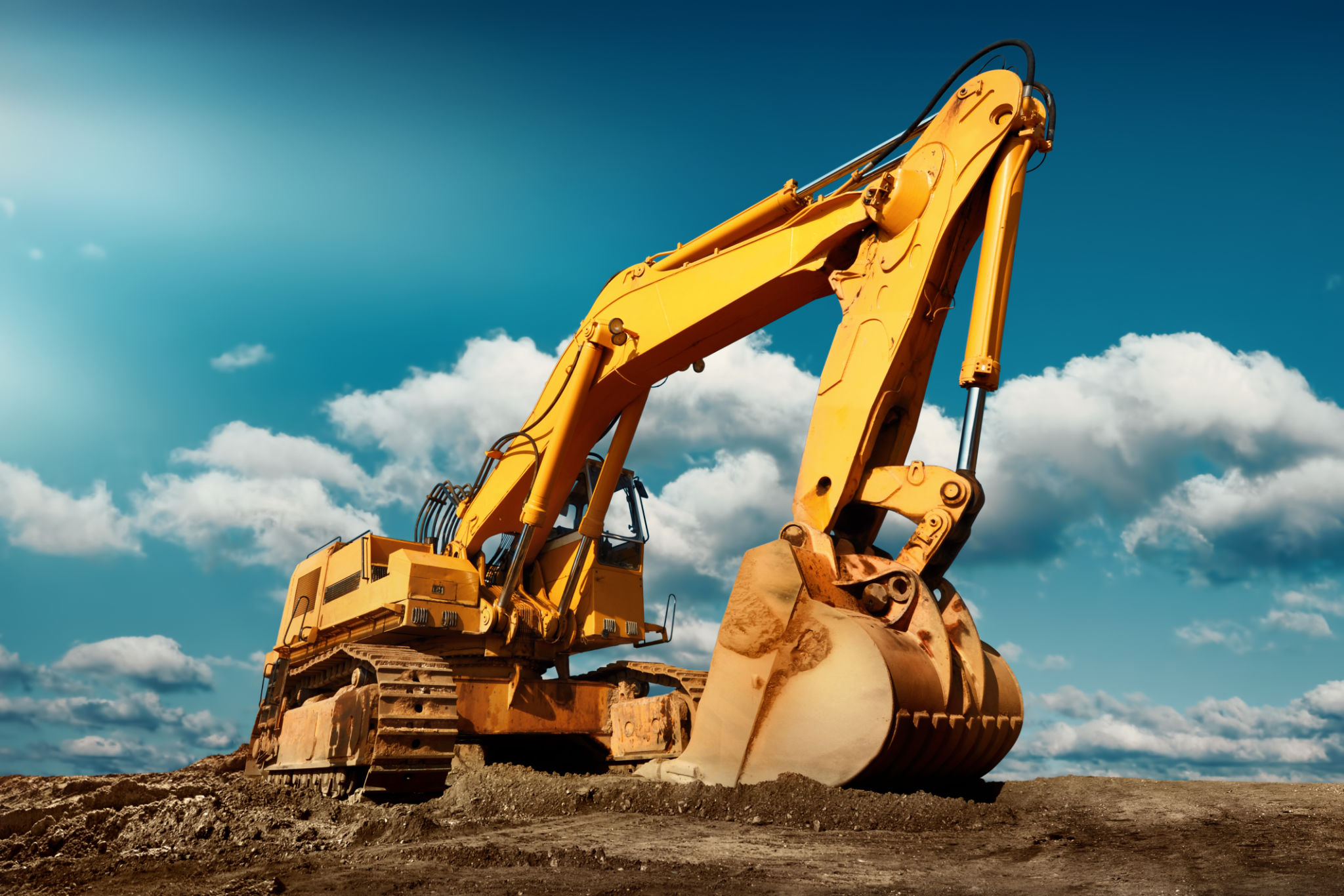Expert Advice: Preparing for a Smooth Equipment Rental Experience
Understanding Your Rental Needs
When it comes to renting equipment, the first step is to clearly define your needs. Are you renting for a construction project, a large event, or a small DIY task? The type and size of equipment you need will vary greatly depending on the project. By understanding the scope of your work, you can narrow down your options and choose the right tools for the job.
Consider the duration for which you'll need the equipment. This will help determine whether a short-term or long-term rental is more cost-effective. Additionally, think about the specific features or capabilities required to complete your task efficiently.

Research and Compare Rental Companies
Once you have a clear understanding of your needs, it's time to research potential rental companies. Look for reputable providers in your area that offer a wide range of equipment. Reading online reviews and asking for recommendations can be helpful in finding trustworthy options.
Take the time to compare prices, rental terms, and customer service quality. Some companies may offer better deals or additional services such as delivery and pickup. It's important to find a company that not only meets your budget but also provides reliable support throughout the rental period.
Check Availability and Reservation Policies
After narrowing down your options, check the availability of the equipment you need. Popular items may be booked well in advance, especially during peak seasons. To avoid disappointment, make your reservation as early as possible.

Inspect Equipment Before Renting
Before finalizing your rental, inspect the equipment to ensure it's in good working condition. Look for any signs of wear and tear that could affect performance. If possible, test the equipment to verify it operates correctly.
Document any pre-existing damage and discuss it with the rental company to avoid being held responsible for it later. A reputable company will often have a checklist or form for this process, which can provide peace of mind.
Understand Rental Agreements and Policies
Carefully review the rental agreement before signing. Pay attention to terms related to damage liability, insurance, and late fees. Understanding these policies will help you avoid unexpected costs and ensure a smooth rental experience.

Plan for Safe Transportation and Usage
If you're responsible for transporting the equipment, ensure you have the right vehicle and tools for safe loading and unloading. Some companies offer delivery services, which can be a convenient option if you're unsure about handling large or heavy equipment.
Once you have the equipment on-site, prioritize safety by following all operational guidelines and using appropriate protective gear. Educating yourself and any team members on safe usage practices will help prevent accidents and damage.
Return Equipment on Time
To maintain a positive relationship with the rental company, return the equipment on time and in good condition. Clean the equipment as per the company's guidelines and report any issues you encountered during use.
By following these expert tips, you can ensure a seamless and stress-free equipment rental experience, allowing you to focus on completing your project successfully.